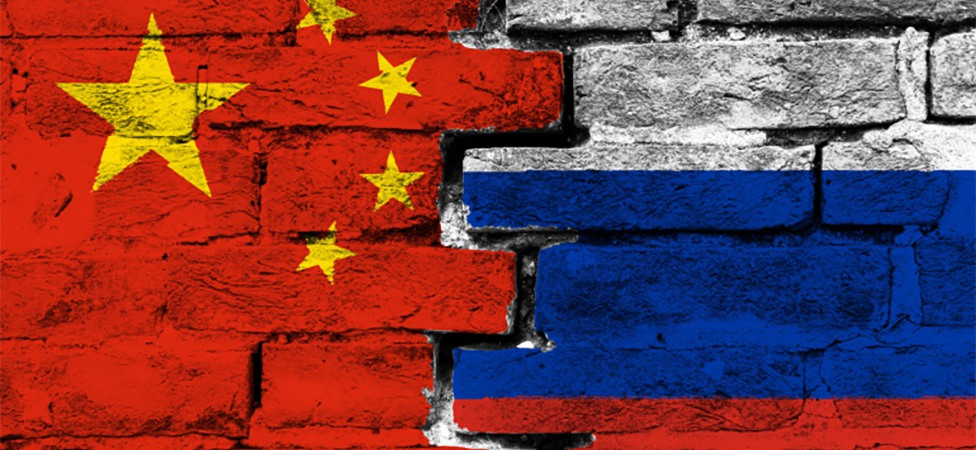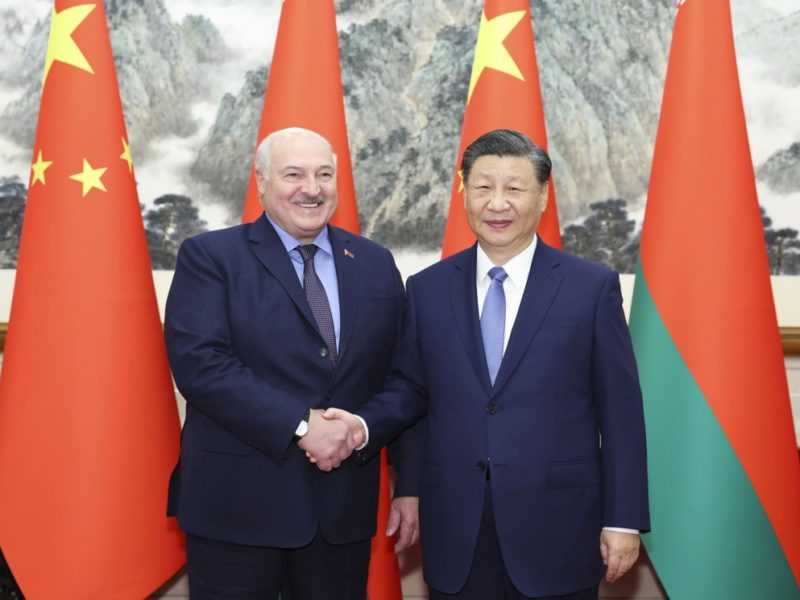Secretary General of the China Communist Party, China’s President Xi Jinping one of the leaders who did not make any foreign visits since the outbreak of virus Covid-19 from January 2020. The situation has changed last week.
…he couldn’t miss a trip to Central Asia:
On 14 September Xi Jinping visits Kazakhstan to participate at the Congress of Leaders of World and Traditional Religions in Nur-Sultan (currently Astana). China has still complicated relations with some of Central Asian countries, namely Kyrgyz Republic and Kazakhstan due to anti-Chinese sentiments, failed China investment (Bishkek heating project), ethnic Kazakh, Kyrgyz, Uyghur maltreatment and imprisonment of ethnic Kazakhs relatives in Xinjiang. The importance of Kazakhstan
Why this trip of Xi Jinping to Central Asia is such a big deal?
For Kazakhstan, Temur Umarov, Carnegie’s Fellow suggests to be more timely, especially voices coming from Kremlin over neutral (or pro-Ukraine) position of Kazakhstan over Russia-Ukraine war. Kazakhstan is an important partner for China – Belt and Road Initiative launched in Kazakhstan’s Astana in 2013.
Kazakhstan importance to China is played by the transit potential and connectivity of Chinese cargo to Europe. Since Russia launched “military operation” in Ukraine, the whole West, especially European Union stand against Russia and the countries using Russia as a transit. Russia is totally isolated from global markets and Central Asia, especially Kazakhstan consider China as a great alternative to Russia as a trade partner and ally. Kazakhstan has a bug number of ethnic Russians in the north. There is a concern that Russia may want to “liberate” them from Kazakhstan.
Chinese cargo trains going through Kazakhstan (then to Azerbaijan on the Caspian Sea) increased up-to 6 times. In 2020, the two main cargo transit hubs on the border of Kazakhstan and China, Alashankou and Khorgos, was increased significantly in volumes compared to pre-pandemic. It was also emphasized the importance of the “Middle Corridor,” linking Kazakh rail to Turkmenistan, Iran, Turkey, and onwards to Europe. In 2022, about 2013 container trains passed the Kazakh territory, which is 25% more than the previous year. From Kazakhstan to Europe 1,147 trains were operated, which is a year-to-year increase of 14%. In the opposite direction 866 trains were sent, a notable increase of 43%.
The ensuring security of the global supply chain is one of the development priorities, putting importance on the role of the trains as “emergency measures” stabilizing unexpected events affecting sea-based trade was mentioned in the recent report on the China-Europe train by China Railway.
On 16 September 2022, President Xi Jinping attended the 22nd Meeting of the Council of Heads of State of the Shanghai Cooperation Organization (SCO) at the Samarkand Congress Center. President Xi delivered an important statement entitled “Ride on the Trend of the Times and Enhance Solidarity and Cooperation to Embrace a Better Future”. Leaders of SCO member states signed and released the Samarkand Declaration of the Council of Heads of State of the SCO.
Shanghai Cooperation Organization
SCO was founded in 2001 in Shanghai in post-border delimitation process of China with Central Asia and Russia, today is dubbed as a security organization of the East (as an alliance against the NATO) benefits both China and Russia. SCO serves the unique platform where China is played a leading role to bring together Russia, China, Central Asian countries also India, Pakistan and potentially Iran and Turkey in the future.
Some statements and documents were issued on protecting international food and energy security, tackling climate change, and keeping supply chains secure, stable and diversified; a memorandum of obligations on Iran’s SCO membership was signed; the procedure for Belarus’ accession was started; MOUs granting Egypt, Saudi Arabia and Qatar the status of SCO dialogue partners were signed; agreement was reached on admitting Bahrain, the Maldives, the UAE, Kuwait and Myanmar as new dialogue partners; and a series of resolutions were adopted, including a Comprehensive Plan for the Implementation of the SCO Treaty on Long-Term Good-Neighborliness, Friendship and Cooperation for 2023-2027. It was decided at the meeting that India will assume the SCO rotating presidency for 2022-2023.
Taiwan, Xinjiang and One China policy
Considering after 3 years of “lockdown”, the analysts link his trip to Central Asia as a reaction to Nancy Pelosi, US House of Representative Speaker to Taiwan in August; Russia has already expressed that that trip was provocative and dangerous of peace and stability in Asia; Others believe that it is a time for showing off the strength before the next Party Session scheduled next month where he to be reelected for the next term.
China is pursuing “reunification” of Taiwan as a Republic of China to People’s Republic of China even a military scenario to be involved. If a war breaks out over Taiwan, China will be unable to secure energy supplies by sea. China has turned its focus to Central Asia as part of Chinese strategic thinking, so the neighboring countries recognize Republic of China as an integral part of PRC. In China senior leadership circles, discussion about fighting against external interference meaning western aid to Russia-Ukraine war and supporting Taiwan.
This year the EU Parliament adopted a resolution where it describes China policies in Xinjiang as a genocide against Uyghur people. Based on this background Xi’s visit to Central Asia is the important diplomatic trips. Central Asian states history and culture is inseparable from Xinjiang and share a 3,000-km border with Xinjiang, and it requires a constant maintenance from Beijing to ensure there are no cross-border sympathizers to those opposing its extreme policies in Xinjiang.

Umedjon Majidi – Author of the blog series, Expert/Research Consultant, Civic IDEA




